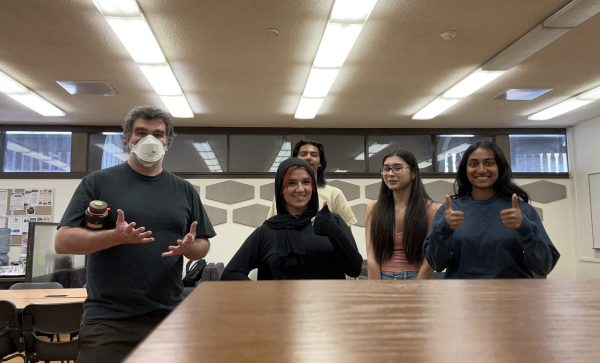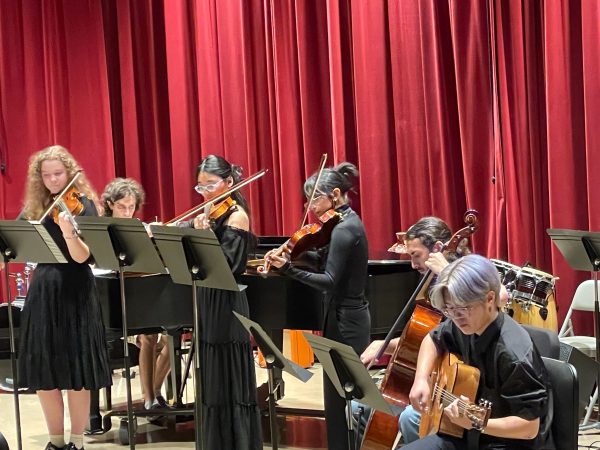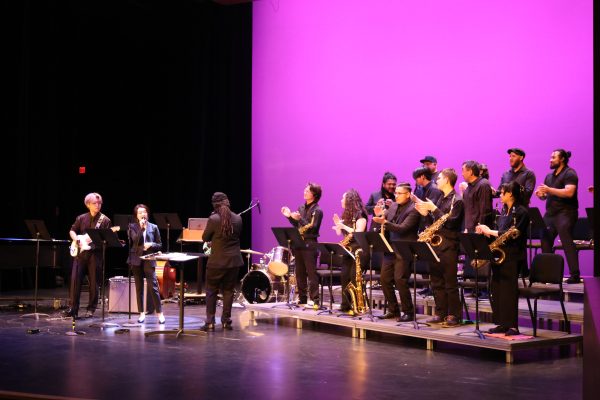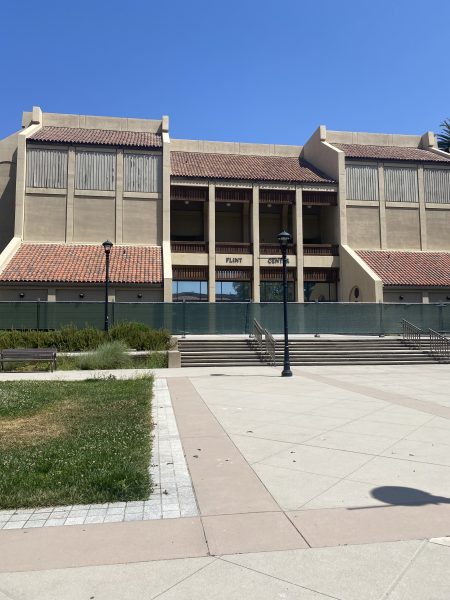Write, talk to La Voz if you want to better our coverage and the De Anza community
Nine weeks into the quarter, and we’ve received one letter to the editor, a correction of our photo spread of the Euphrat’s “Justice for All?” exhibit. With this unfortunate fact, I can only assume that La Voz has done zero things worth criticizing or commending.
We’re not a faceless corporation whose job is to make students, faculty and administration feel uncomfortable. We’re unpaid, amateur, community college student writers, trying to create the highest-quality student media possible. We have a high turnover rate, meaning that we often have completely new, inexperienced writers every quarter. This also means that the tone of coverage could be completely different depending on who comprises the staff.
Additionally, with our limited staff and resources, we can’t cover every event in a timely fashion despite our best attempts. Editors spend late nights working to create the best content possible just to have our readers make vague comments in whispers or on social media about how we’ve failed them, without directly giving us reasons why.
Please keep this context in mind when you comment on a La Voz story, or talk about our paper with your friends. There’s nothing wrong with completely tearing us apart, as long as you have valid reasons, and are willing to write to us so that we might correct our errors or review any written pieces. Ask yourself if you are perpetuating a narrative for the sake of doing so, or if you are honestly concerned about the way something is specifically covered.
An iconic instance of meaningful communication between our paper and the campus occurred several years ago after La Voz published coverage without using the most appropriate terms for describing transgender individuals, as the Associated Press had not yet updated its standards for describing LGBT groups. Concerned students personally came to our office and had a civil conversation with our board, where La Voz became more socially aware and afterward made sure to be considerate of preferred terms.
We cannot function with students, faculty, and admin refusing interviews or other forms of communication with our staff. We’ve had student reporters completely new to La Voz tell us how people around campus refused to talk to them. We’ve had to explain that members of our campus don’t like La Voz, and it discourages our reporters from continuing.
Not only are important perspectives not covered, the disconnect between the campus and the paper broadens. Effectively, in the pursuit of chastising La Voz through silent criticism taken to the depths of Facebook, rather than through direct channels with us, you ensure that we never improve, and that you are likely to be continuously disappointed.
Our office doors are always open to the public, and we welcome any opportunity to discuss our coverage. We want to promote discussion, and right any wrongs. The more feedback we receive, the better we become, and the more we can figure out what our student body’s response is to our writing. We’d love to interact with everyone as much as possible.
Journalism on a college campus has the powerful ability to inform, educate, celebrate or criticize the community. We’re a source of crucial information, serving as a check on injustice and a voice for those without a platform. We need community support and response in order to function effectively and improve. We welcome all members of the community to be involved in this constantly transformative and engaging process.
Letters to the editor can be submitted on our website, lavozdeanza.com,under the “Write to Us” tab. We don’t guarantee we will publish or respond to every letter, but we will carefully read every single submission.








